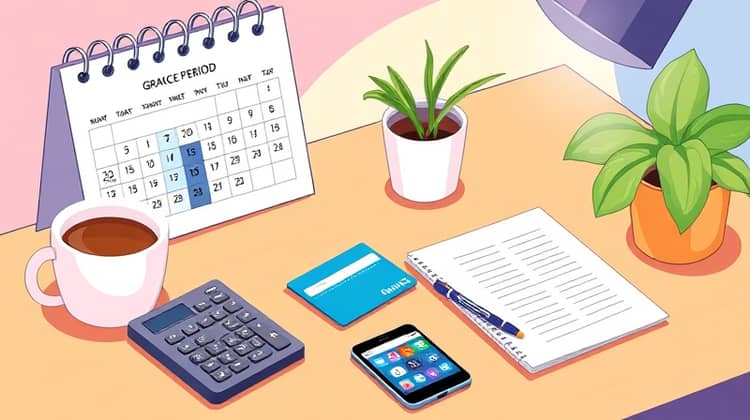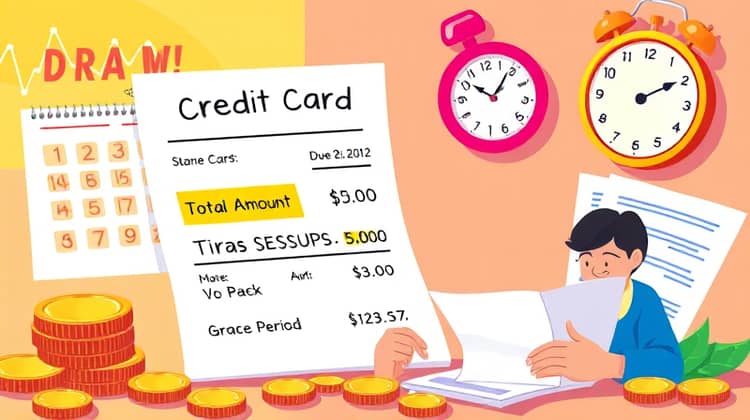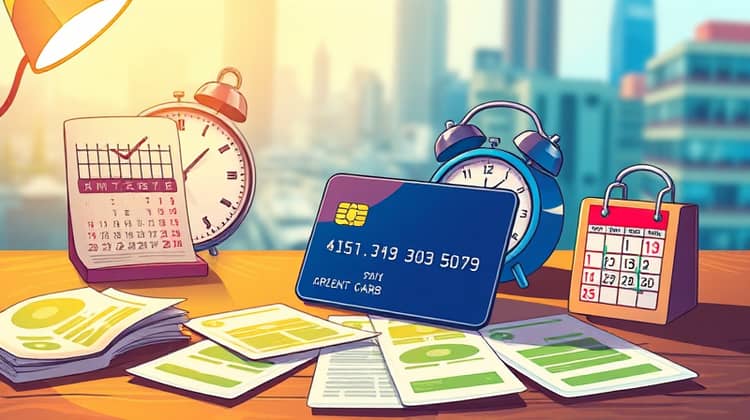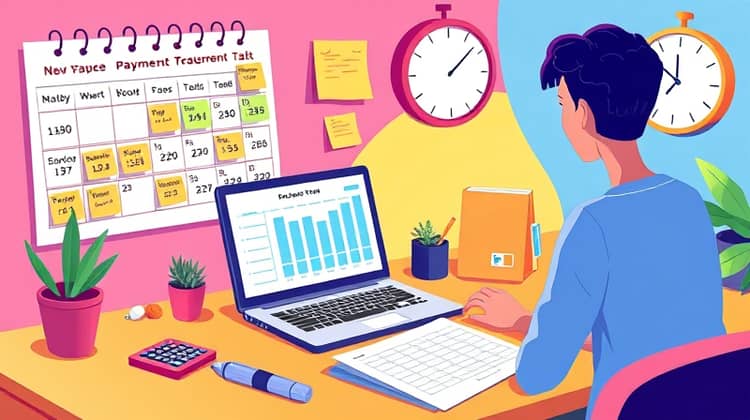Credit Card Grace Periods Explained: What You Need to Know

Credit cards have become an indispensable tool for many people around the globe, offering a blend of convenience and financial flexibility. However, understanding the nuances of credit card management is essential to maximizing their benefits. One critical concept every credit cardholder should be familiar with is the grace period, which plays a vital role in how you manage your payments and avoid unnecessary costs. In this article, we will demystify credit card grace periods, explain how they work, and offer tips for making the most of them. We will also look at situations when grace periods might not be applicable, so you can be better informed in your financial decisions.
What is a Grace Period?

A grace period is the timeframe provided by credit card issuers during which you can pay your balance in full without incurring interest charges. Typically, grace periods last at least 21 days, starting from your billing date and ending the due date of your payment. This concept primarily applies to new purchases made on your credit card, allowing you to use the card and postpone the interest payment temporarily, provided you meet specific criteria.
Grace periods are designed to benefit consumers who maintain good financial habits. By paying off the balance before the grace period expires, you can effectively utilize credit without paying interest, making it a cash flow management tool. A grace period is especially helpful if you rely on credit for larger purchases but aim to avoid debt to keep your financial health in check.
It's important to note that grace periods may not apply to cash advances or existing balances that have been carried forward from previous billing cycles. Therefore, understanding the specifics of your credit card agreement is crucial for maximizing the benefits of these periods.
How Does a Grace Period Work?

The grace period functions by providing time for credit cardholders to pay their balances in full after the billing cycle ends. When you receive your credit card statement, it indicates the total amount owed, the minimum payment required, and the due date. As long as you pay the full balance by that due date, you will not incur any interest on your new purchases made within that billing cycle.
However, if you carry a balance from a previous cycle, you may lose your grace period. This means that if you don’t pay off your previous balances in full, any new purchases will start accruing interest immediately, reducing the overall financial advantages of the grace period. Thus, to fully benefit from this feature, regular and disciplined repayment is essential.
- Always read the fine print in your credit card agreement to know the length of your grace period.
- Ensure you pay your balance in full before the grace period ends to avoid interest charges.
- Consider setting reminders for when your payment is due to stay on top of your finances.
- Review your monthly statements carefully to track your spending and payment history.
Understanding these aspects can empower you to use your credit card in a way that incorporates the grace period effectively, helping you manage your expenses without falling into debt. Maintaining good spending habits ensures that the grace period remains an advantage rather than a source of financial strain.
Why Grace Periods Are Important

Grace periods can be incredibly advantageous for consumers who are smart about their credit use. They provide a breathing room that allows you to avoid interest charges on new purchases, as long as you pay your balance on time. This feature can be especially beneficial during months when you may face unexpected expenses, enabling you to manage your finances better while still utilizing your credit card for necessary purchases.
Moreover, grace periods encourage responsible credit practices. They incentivize consumers to plan their payments, encouraging the habit of living within one’s means and prioritizing debt repayment. This financial discipline can significantly enhance one’s creditworthiness, contributing positively to credit scores over time.
- Avoiding interest charges on new purchases gives you more value out of your credit card.
- It encourages better financial habits and responsibility with your spending.
- Helps maintain a positive credit score when payments are made on time.
- Provides flexibility in managing unexpected expenses without immediate financial pressure.
Overall, the importance of grace periods extends beyond mere monetary savings; they promote a healthier relationship with credit and finances as a whole.
When You Might Not Have a Grace Period

There are specific scenarios where credit card holders may not benefit from a grace period. For instance, if you already carry a balance from the previous month, any new purchases may automatically accrue interest, rendering the grace period useless. It's crucial to understand that the grace period only applies when balances are paid in full prior to the due date.
Additionally, some credit cards come with unique terms and conditions that might exclude grace periods altogether, such as promotional offers or certain types of accounts. Therefore, it's essential to pay attention to the specifics of the card agreement to avoid any surprises that could lead to undesired interest charges.
Tips to Make the Most of Your Grace Period

To fully capitalize on the grace period, it's essential to stay organized and proactive about your payments. Keeping a close eye on your spending and understanding the timeline of your billing cycles will help you avoid any unnecessary penalties.
- Set calendar reminders for your payment due dates.
- Review your statements promptly every month to track expenses.
- Aim to pay your balance in full every month to enjoy the grace period benefits.
- Consider automated payments for on-time billing.
By implementing these strategies, cardholders can ensure they use their grace period effectively, turning potential financial pitfalls into advantageous opportunities.
Conclusion

In conclusion, credit card grace periods are an important feature that can significantly impact your financial health. Understanding how they operate allows you to make informed decisions that can save you money and boost your credit score. It is vital to maintain good repayment habits and to be mindful of the terms and conditions associated with your credit card.
By being proactive and planning your payments, you not only avoid accruing unnecessary interest but also cultivate a better relationship with your credit. Ultimately, managing your credit wisely is not only about utilizing the tools at your disposal, like grace periods, but also about developing a comprehensive understanding of your financial landscape.
As you navigate your finances, always remember that credit cards should serve as tools for financial empowerment rather than sources of stress. By appreciating the benefits of grace periods and using them wisely, you can further your financial goals while enjoying the flexibility that credit offers.






